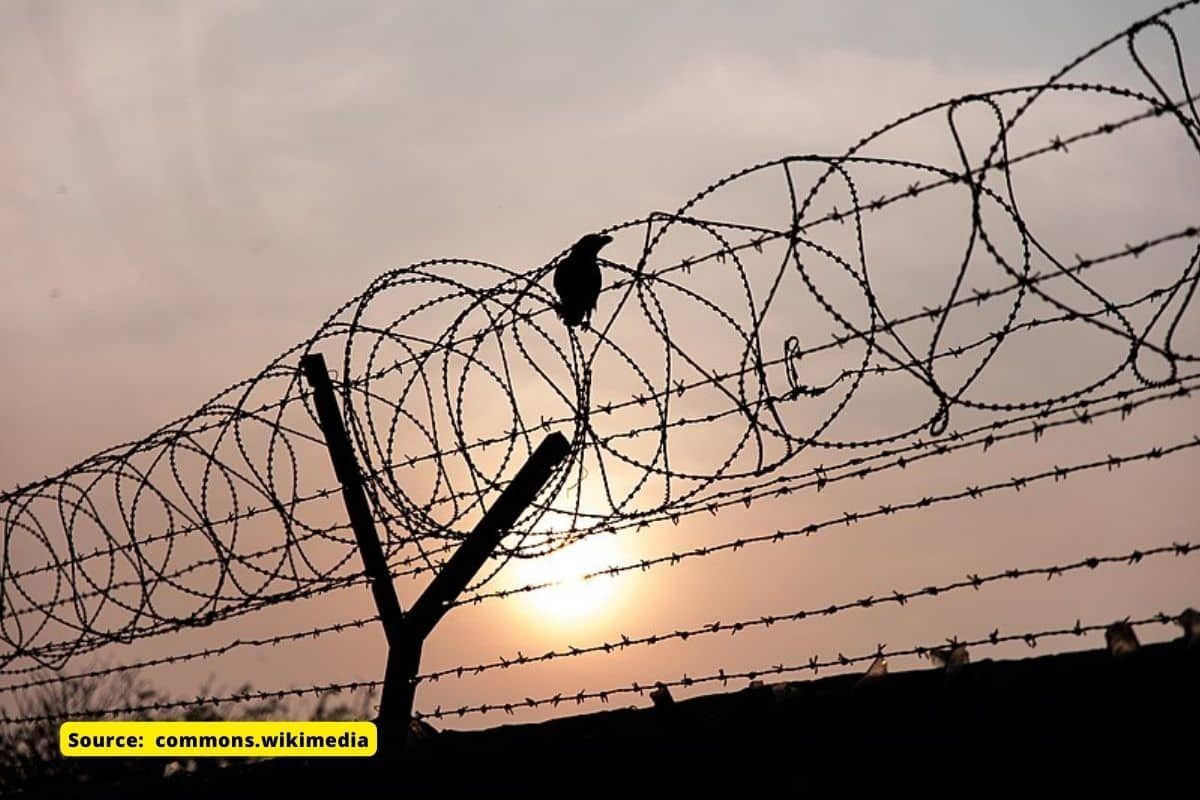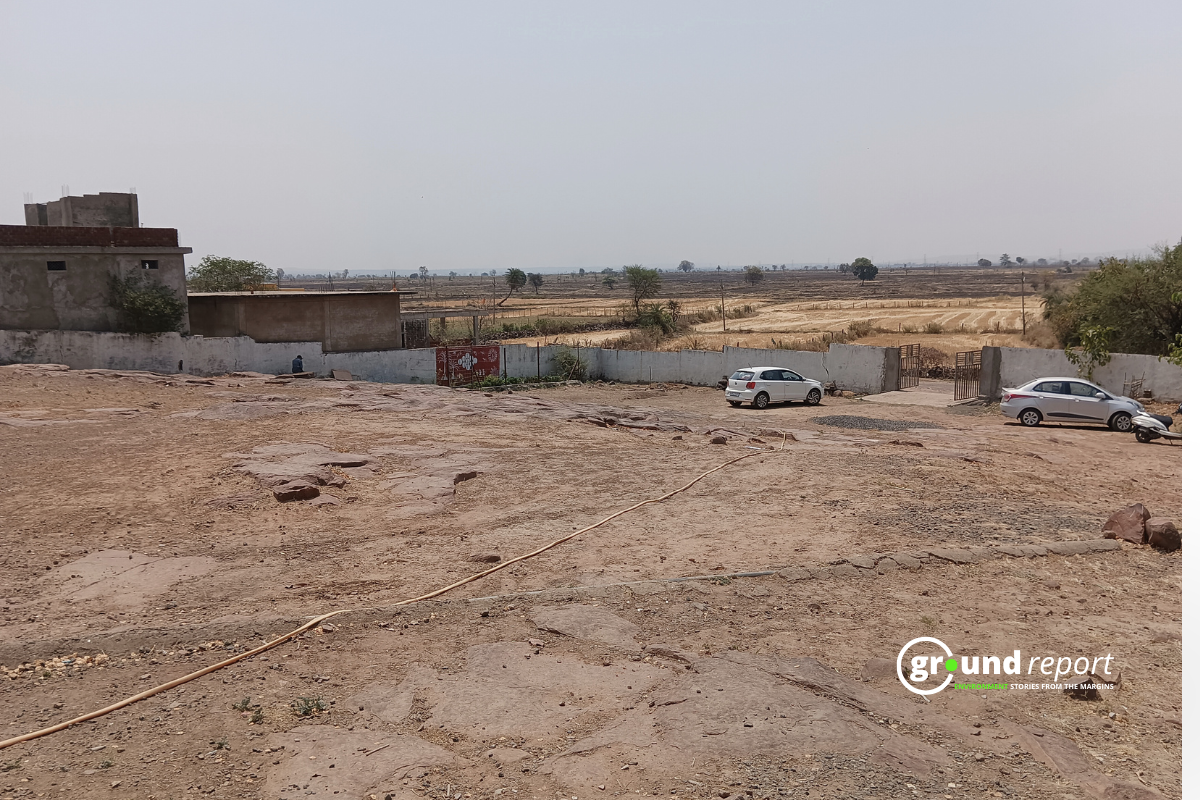Canada has advised its citizens to exercise a high degree of caution when visiting some states, including Punjab, Gujarat and Rajasthan. The advisory noted that travellers should be careful when travelling to states bordering Pakistan due to the “presence of landmines” and the “unpredictable security situation”.
The notice that was updated on the ministry’s official website on Tuesday asks its people to exercise great caution while travelling to India due to the “threat of terror attacks across the country.”
“Avoid all travel to areas within 10 km of the Pakistani border in the following states due to the unpredictable security situation and the presence of landmines and unexploded ordnance: Gujarat, Punjab, Rajasthan,” the notice read.
The advisory also urged people to avoid non-essential travel to Assam and Manipur “due to the risk of terrorism and insurgency.”
Landmines in India
The Indian Army has threatened to lay more landmines on the border with Pakistan. The last major use of antipersonnel mines in India was between December 2001 and July 2002, when the Indian Army deployed approximately two million mines along its northern and western border with Pakistan.
Since these mines were laid, dozens of Indian civilians have been killed or injured each year.
According to a report by the Lok Sabha Defense Standing Committee, the Indian Army suffered 1,776 casualties while laying and removing its minefields on the border between December 2001 and April 2005.
According to the research group, Landmine and Cluster Munition Monitor, the total number of casualties among civilians and the Indian Army has not been officially recorded.
But the group compiles possible numbers from a mixture of anecdotal reports and media accounts. Between 1999 and 2015, the observatory identified 3,191 victims of deactivated mines or IEDs and explosive remnants of war in India. Of these, 1083 people were killed and 2107 were injured, the fate of one of the victims is not known.
In 2019, an army major was killed while dismantling a mine. He was due to marry the following month. A civilian was wounded last year in December.
Mine Ban Treaty
The Ottawa Convention – also known as the Mine Ban Treaty – was signed on March 1, 1997, by 164 countries. This treaty prohibits signatories from using, stockpiling, producing, or transferring antipersonnel landmines. India has not yet signed on. The government’s official position was that the country had a “fluctuating frontier,” and if and when a non-lethal alternative to antipersonnel mines was introduced, the state would ban the mines.
The International Campaign to Ban Landmines is a global network of non-governmental organizations (NGOs) operating in nearly 100 countries. It claims that the largest stockpiles of landmines are held by Russia, Pakistan, India, China and the United States.
Apart from killing and maiming people, landmines hinder people’s freedom to go about their normal lives. It affects the local economy by making the land unsuitable for agriculture.
ALSO READ
- Beware! Landmines Ahead: सरहद पर लैंडमाईन्स से अपाहिज होते लोगों की आवाज़
- Nubra valley: The Mongolian Camels of Ladakh
Follow Ground Report for Climate Change and Under-Reported issues in India. Connect with us on Facebook, Twitter, Koo App, Instagram, Whatsapp and YouTube. Write us on GReport2018@gmail.com









